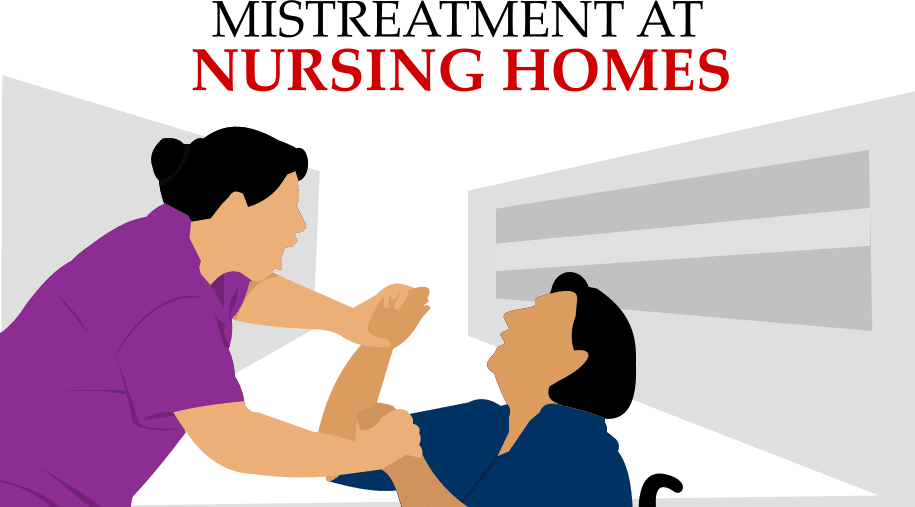
One in five nursing home residents has experienced some type of aggression or mistreatment by a fellow resident within the past 30 days, according to a study by Cornell gerontologists.
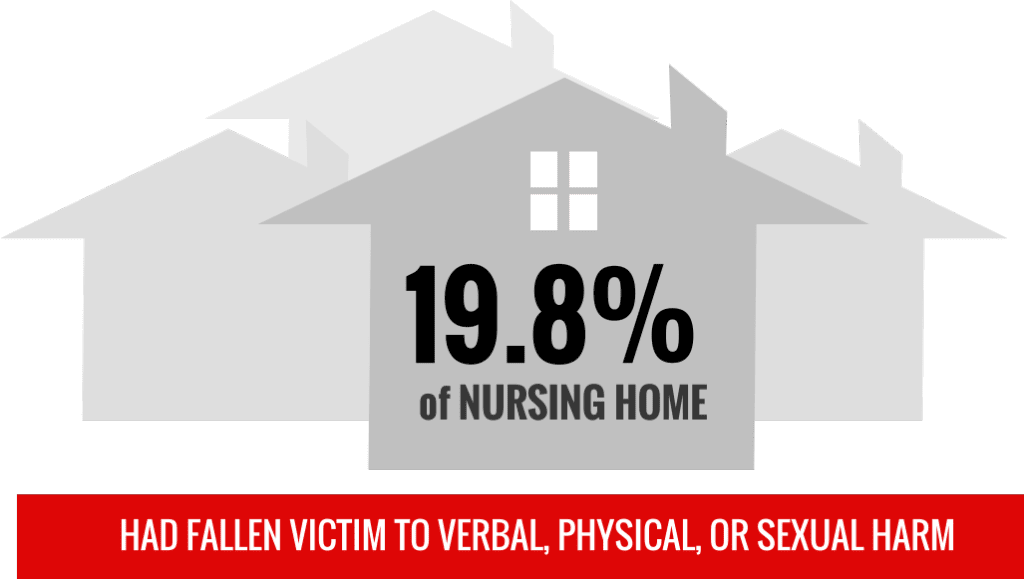
The five-year study, reported in The New York Times, showed 19.8 percent of nursing home residents had fallen victim to verbal, physical, or sexual harm by another nursing home resident. The study encompassed more than 2,000 residents at 10 large nursing homes. Of the elderly residents surveyed (participants in the survey were at a mean age of 84):
These are alarming statistics, particularly for those who have loved ones living in a nursing home.
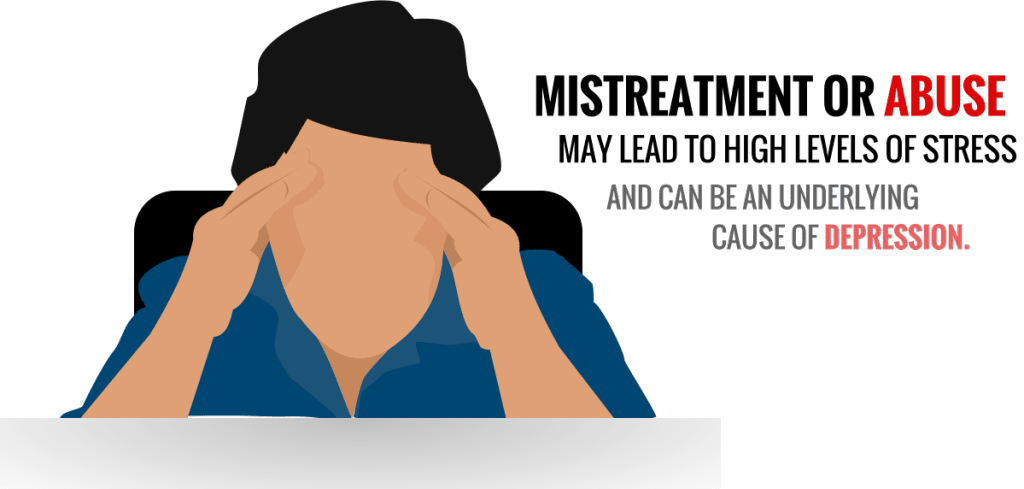
Victims are often left feeling violated and insecure. Mistreatment or abuse may lead to high levels of stress and can be an underlying cause of depression.
One of the difficulties involved in quantifying resident-to-resident mistreatment is that many nursing home residents who report such abuse are considered to be unreliable due to some level of dementia, a hearing problem, poor eyesight, or other physical or mental condition.
As anyone who has ever had to place a loved one in a nursing home will tell you, finding a suitable nursing home that meets your loved one’s needs requires times and effort. Even when you locate a facility with qualified staff and a track record of high-quality service, you may still have concerns about the well-being of your elderly loved one. The information regarding resident-to-resident mistreatment adds to concerns about safety.
Some of the steps you can take to help protect your elderly loved one include:
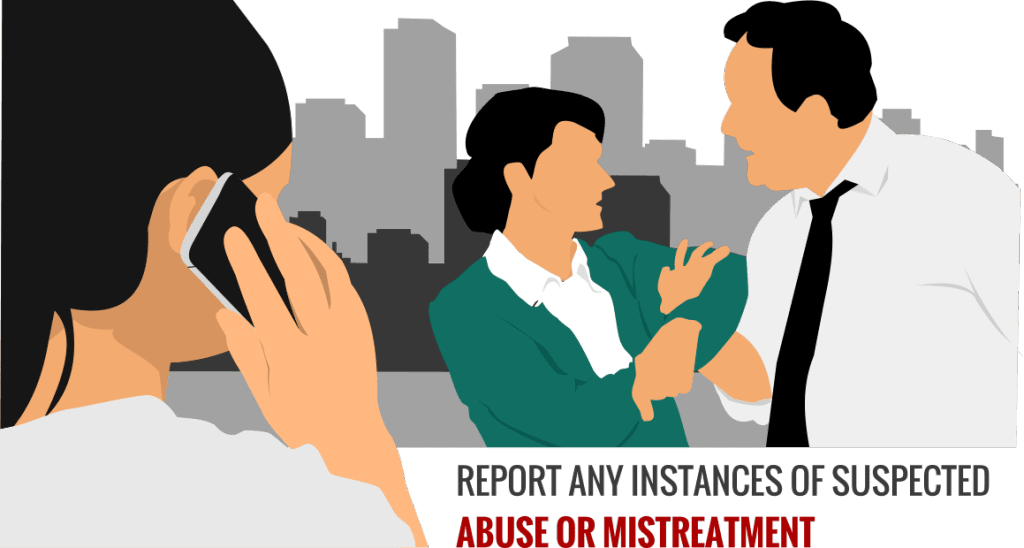
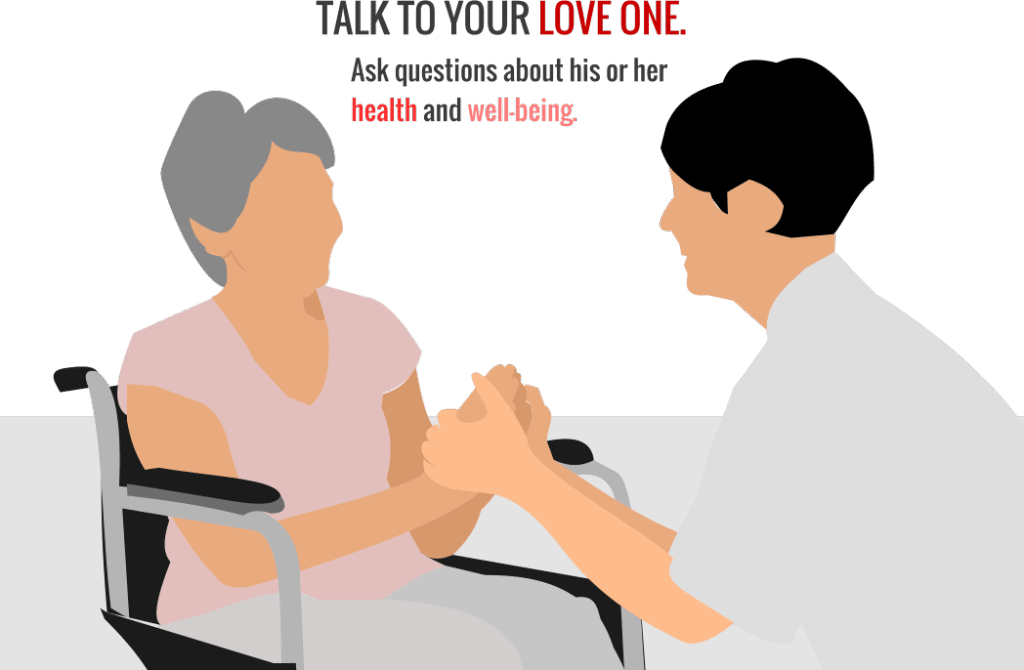
Every nursing home has a legal duty and obligation to protect the residents entrusted to its care. Nursing homes must adhere to state and federal regulations by providing a secure, sanitary, and positive environment in which residents are able to receive proper treatment, care, and other services necessary to their physical and mental well-being.
It is not only nursing home caregivers who are responsible for cases of nursing home neglect abuse. Resident-to-resident mistreatment at nursing homes is also increasing. If you believe your loved one’s nursing home has been negligent in its responsibility to protect your loved one from resident-to-resident mistreatment or any other form of nursing home abuse, have a qualified nursing home abuse lawyer review the facts. A skilled nursing home abuse lawyer at Becker Law Office can investigate your case, determine the type of legal action that should be initiated, and help you move forward with your case against the parties that allowed the abuse.
Sources: